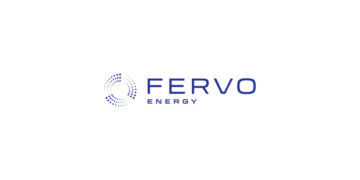Biotech startup Vaccitech PLC is behind the Covid-19 vaccine jointly developed by AstraZeneca PLC and the University of Oxford filed on April 30, 2021, with the US regulators for an Initial Public Offering (IPO). Vaccitech PLC announced in a security filing its plans to use the technology to develop treatments for prostate cancer, hepatitis B, and human papillomavirus.
Vaccitech, started by two Oxford scientists who helped lead the Covid-19 vaccine development to date, has raised $216 million from investors. The investors include pharmaceutical giant Gilead Sciences Inc.; Alphabet Inc.’s GV, formerly called Google Ventures; and Sequoia Capital China, an affiliate of the Silicon Valley venture-capital giant.
Vaccitech’s preference for a US listing to one in the UK could further undermine London’s attempts to become a major financial hub, particularly after Brexit. The company is co-founded by Sarah Gilbert, professor of vaccinology at Oxford University, who led AstraZeneca’s COVID-19 vaccine development efforts.
The company was spun out of the university in 2016, with the goal of turning laboratory discoveries into commercial products. A key part of the vaccine technology uses an altered form of chimpanzee cold virus to ferry genetic material into humans to boost the immune system and fight infection.
Aiming to be a billion-dollar company
Vaccitech has been aiming for a listed valuation of around $700 million, with backers estimating it could be a $1 billion company by year-end, The Journal reported last month. The company recently raised $168 million in new funding as a step toward a share offering.
It had $4.8 million in revenue last year and a loss of about $17.7 million and hasn’t generated any revenue from product sales, according to Friday’s filing. It said Vaccitech aims to raise $100 million—a figure generally put in debut IPO filings as a placeholder to be adjusted during marketing of the company.
As the pandemic set in last year, Vaccitech was one of the most valuable companies in the portfolio of the university-affiliated Oxford Sciences Innovation PLC, though it had yet to bring a drug to market. OSI is a venture firm the university launched in 2015 to fund startups spun out from its various academic areas—from immunology to quantum computing—to compete better with U.S.
Friday’s filing notes that Vaccitech stands to make 24% of whatever royalties Oxford makes from the vaccine. The filing includes a caveat that Vaccitech hasn’t seen the full contract between Oxford and AstraZeneca—something the biotech’s bankers and lawyers have sought unsuccessfully, The Journal has reported, citing people close to the parties.































